Dying man denied ability to donate crucial heart valves because he had gay sex
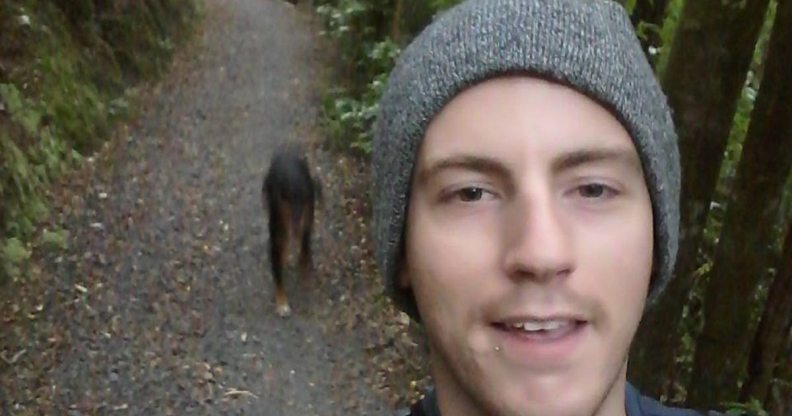
(Facebook/Corey Jayden Eteveneaux)
A dying gay man has been denied the chance to change other people’s lives by donating crucial blood and tissue.
Corey Eteveneaux was left on life support after a horrific road crash less than two months after he celebrated his 24th birthday.
His mother and partner were told that the New Zealander could not survive the injuries, so they took him off life support – but, they thought, at least after death, he could continue to help others.

(Facebook/Corey Jayden Eteveneaux)
They took steps to offer Corey’s heart valves and corneas, only to be told that his homosexuality made this impossible.
In New Zealand, men who have gay sex are not allowed to donate blood or tissue within 12 months of their last sexual encounter.
The deferral period stood at 10 years until 2008, then at five years until 2014, when it was reduced to 12 months.
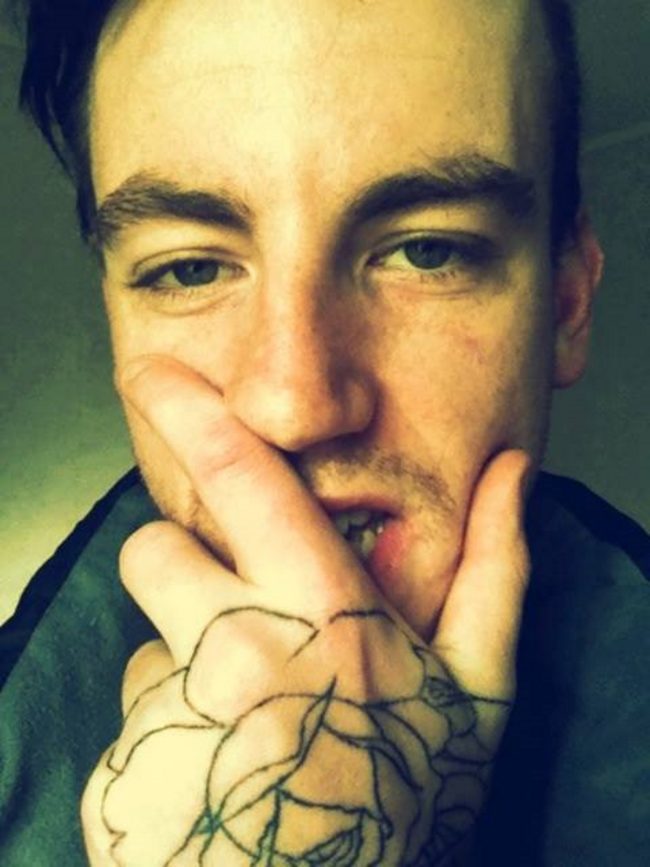
(Facebook/Corey Jayden Eteveneaux)
Corey’s mother, Cherie, said: “I spoke with a woman from Organ Donation NZ and initially I thought she wanted to speak to me about Corey’s tattoos and when the last time was he had work done,” according to Stuff.
But the truth was much harder to take.
“Instead she told me they couldn’t take Corey’s heart valves or corneas because of his lifestyle,” Cherie continued.
“Eventually she said it was because he’s a homosexual man.”
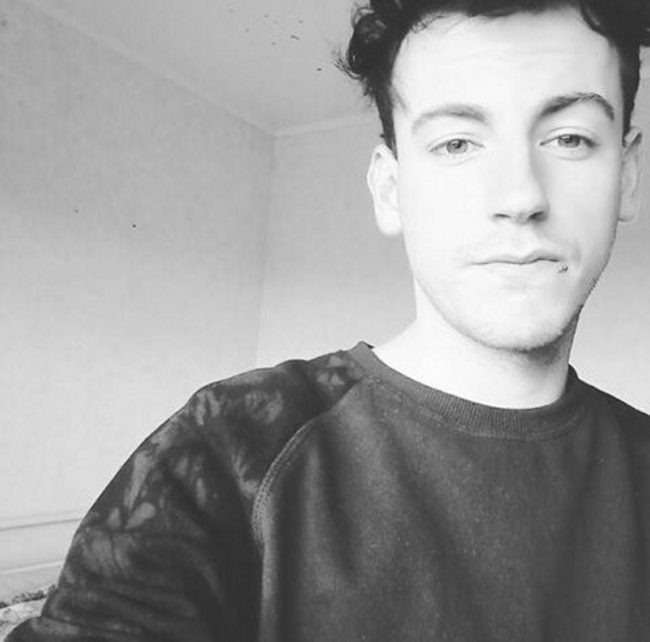
(Facebook/Corey Jayden Eteveneaux)
Corey had been in a committed relationship with his partner Daniel Jacobs, 29, for two years, and the pair had both been tested when they started going out, Cherie said.
She thought that the current rule discriminated against gay people.
“Corey was a fit, healthy young man and I thought his heart valves would have been snapped up,” said Cherie. “It just doesn’t make sense.
“There are people who are suffering out there and we could have potentially helped them.”
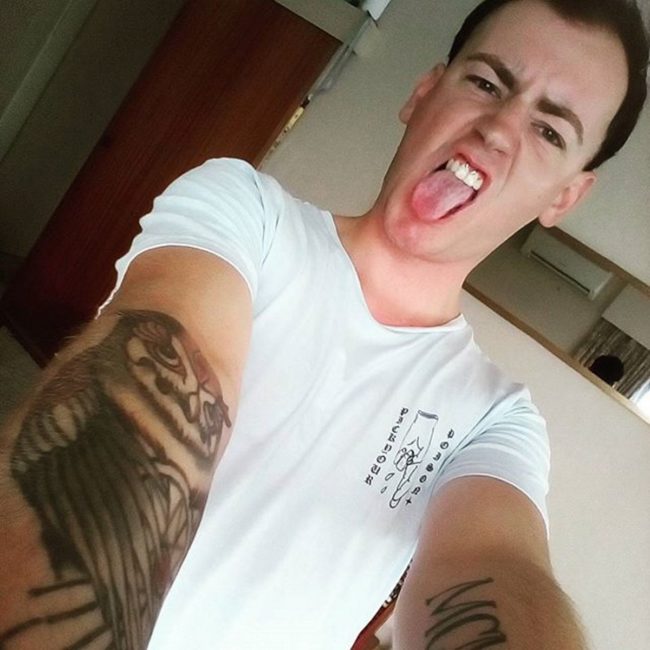
(Instagram/Corey Jayden Eteveneaux)
Daniel said he didn’t understand why his late partner had been stopped from giving another person a new lease on life.
“I can’t see why we as homosexual men need to be discriminated against for what we do behind closed doors,” he said.
“We’re still humans, we’re no different to any people walking down the street.
“I know Corey would have loved to have helped someone, but some poor family has lost out.”
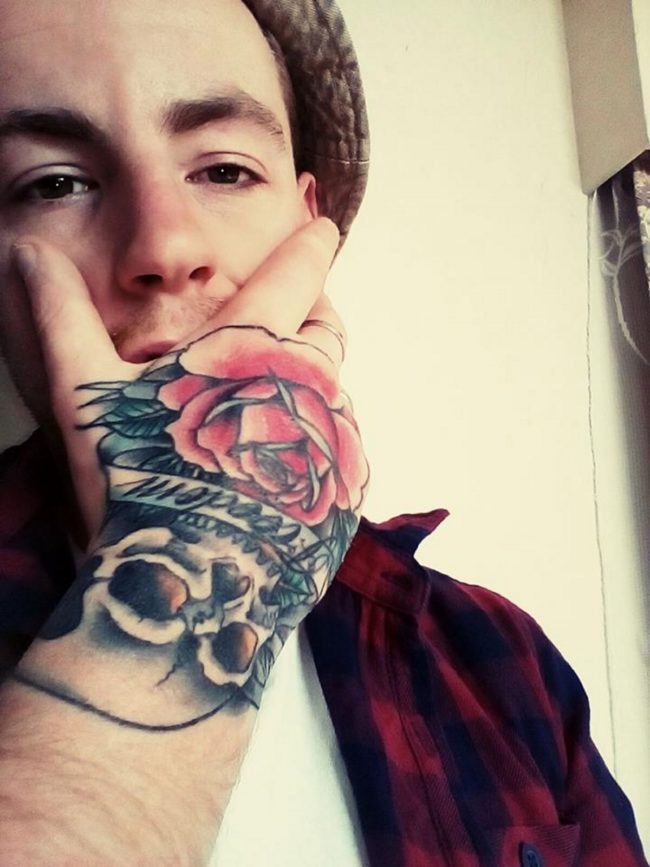
(Facebook/Corey Jayden Eteveneaux)
Frances Arns, the executive director of RainbowYOUTH, said the rule was outdated and “ridiculous”.
She added: “Within two to three months you can tell that you’ve got HIV. It just kind of signals that this is driven by homophobia.
“Remove the reference to gender and sexuality. If you’ve had unprotected sex in the last three months and you’re not sure what your status is, then you shouldn’t really donate.”

(Instagram/Corey Eteveneaux)
Organ Donation New Zealand donor co-ordinator Janice Langlands said that the criteria for tissue donation were decided on by tissue banks.
Dr Richard Charlewood, medical director of the country’s tissue bank, promised that a review was scheduled to occur within the next few years.

